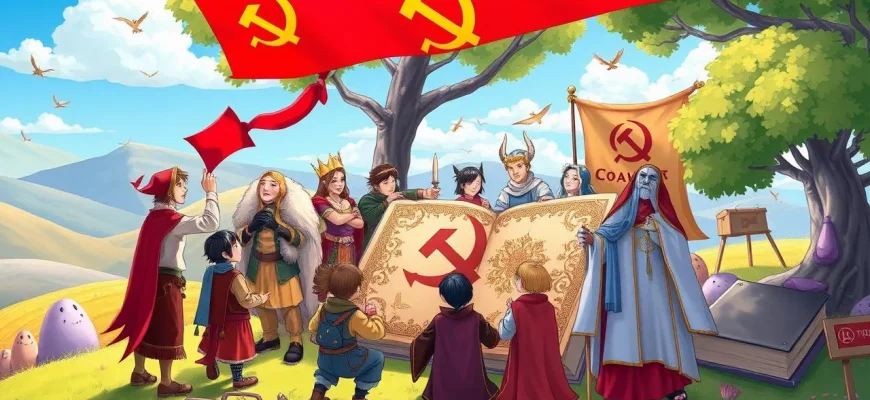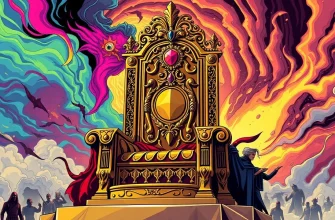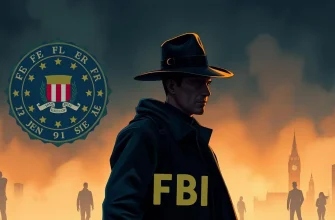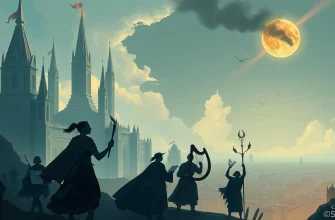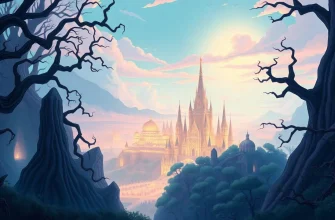Dive into a world where the fantastical meets the political in this curated collection of films. These movies blend the enchanting elements of fantasy with the complex ideologies of communism, offering viewers not just an escape but also a thought-provoking journey. Whether you're a cinephile or someone intrigued by the intersection of fantasy and political theory, this list promises to entertain, enlighten, and perhaps even challenge your perceptions.
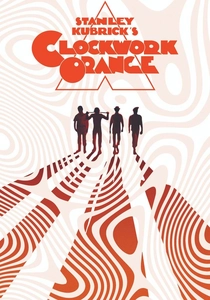
A Clockwork Orange (1971)
Description: Stanley Kubrick's film delves into themes of free will, state control, and the manipulation of individuals, which can be seen as a critique of authoritarianism, including some aspects of communism.
Fact: The film was banned in several countries due to its violent content. Kubrick himself withdrew the film from UK cinemas after threats were made against his family.
 Watch Now
Watch Now
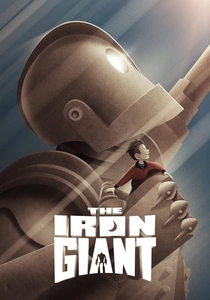
The Iron Giant (1999)
Description: While not explicitly about communism, this animated film set in the 1950s Cold War era explores themes of government control, individuality, and the human spirit, which can be seen as allegorical to communist ideals of collectivism versus individual freedom.
Fact: The film was initially a box office disappointment but has since gained a cult following. It was also inspired by Ted Hughes' novel "The Iron Man."
 Watch Now
Watch Now

The Matrix (1999)
Description: Although not directly about communism, the film's exploration of a controlled society, the illusion of choice, and the struggle for freedom can be interpreted through a Marxist lens, especially in the context of class struggle and control by an unseen elite.
Fact: The Wachowskis drew inspiration from various philosophical and religious texts, including Jean Baudrillard's "Simulacra and Simulation." The film also popularized the concept of "bullet time."
 Watch Now
Watch Now

Equilibrium (2002)
Description: This film presents a society where emotions are outlawed, reflecting the extreme control and suppression of individuality often associated with totalitarian regimes, including some interpretations of communism.
Fact: The film was shot in Berlin, Germany, to take advantage of the city's architecture, which was seen as fitting for the film's aesthetic. The "Gun Kata" fighting style was created specifically for this movie.
 Watch Now
Watch Now
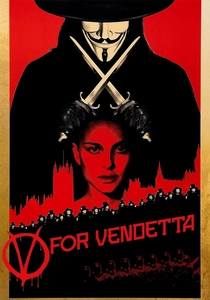
V for Vendetta (2005)
Description: This film, based on Alan Moore's graphic novel, explores themes of resistance against a fascist regime, but its critique of totalitarian control can also be applied to discussions about communism's authoritarian aspects.
Fact: The film's iconic mask has become a symbol of protest worldwide. Alan Moore, the original author, famously disowned the film adaptation.
 Watch Now
Watch Now
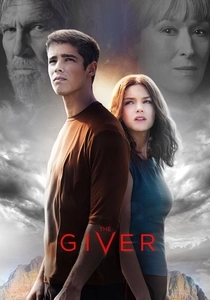
The Giver (2014)
Description: Set in a seemingly utopian society where emotions and memories are controlled, this film touches on themes of conformity and the suppression of individuality, which can be linked to critiques of communism.
Fact: The film was adapted from Lois Lowry's award-winning novel. It was originally intended to be a direct-to-video release but was upgraded to a theatrical release.
 Watch Now
Watch Now
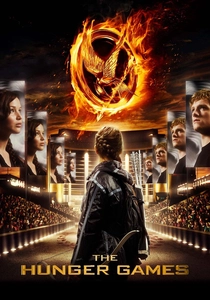
The Hunger Games (2012)
Description: While primarily a dystopian tale, the story's backdrop of a society divided by class and controlled by a central authority can be seen as a critique of authoritarianism, which has parallels with some communist regimes.
Fact: The film was shot in North Carolina, with the arena scenes filmed in a former quarry. The character of Katniss Everdeen was inspired by the Greek myth of Theseus and the Minotaur.
 Watch Now
Watch Now

The Lobster (2015)
Description: This surreal film explores a society where single people must find a romantic partner within 45 days or be transformed into animals, reflecting themes of societal pressure and conformity, which can be paralleled with communist ideologies.
Fact: The film was shot in Ireland, and the title "The Lobster" refers to the animal the protagonist would choose to become if he fails to find a partner.
 Watch Now
Watch Now

Brazil (1985)
Description: Terry Gilliam's dystopian masterpiece critiques bureaucracy and totalitarianism, themes that resonate with the oppressive aspects of some communist regimes. The film's surreal, dream-like quality adds a layer of fantasy to its political commentary.
Fact: The film's title is a reference to the song "Aquarela do Brasil," which plays during the dream sequences. It was also famously edited by Universal Studios, leading to a legal battle over artistic control.
 30 Days Free
30 Days Free
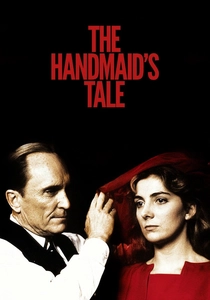
The Handmaid's Tale (1990)
Description: While not directly about communism, this adaptation of Margaret Atwood's novel explores themes of totalitarian control, gender roles, and resistance, which can be interpreted in the context of oppressive regimes, including some communist states.
Fact: The film was adapted into a critically acclaimed TV series in
 30 Days Free
30 Days Free

